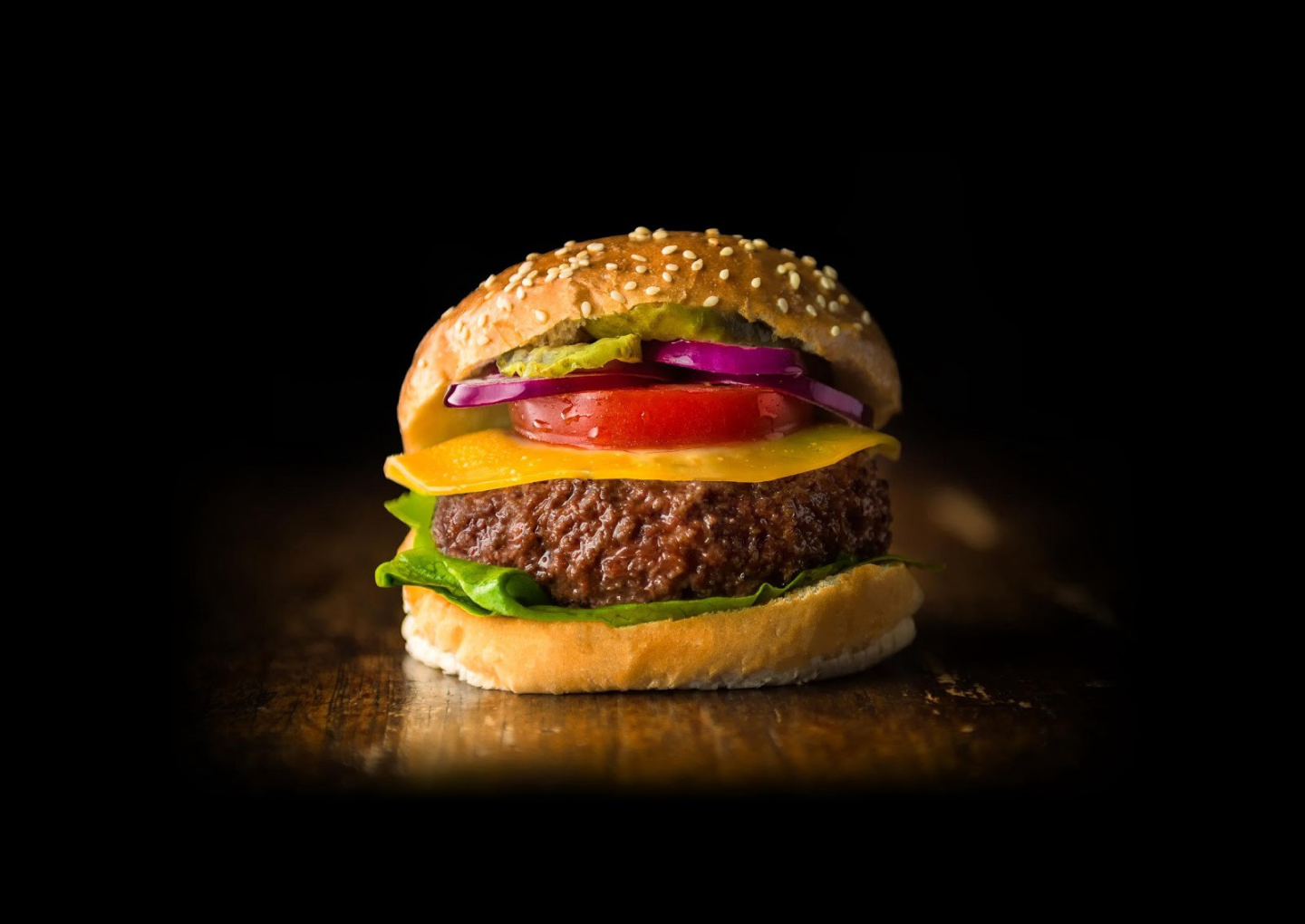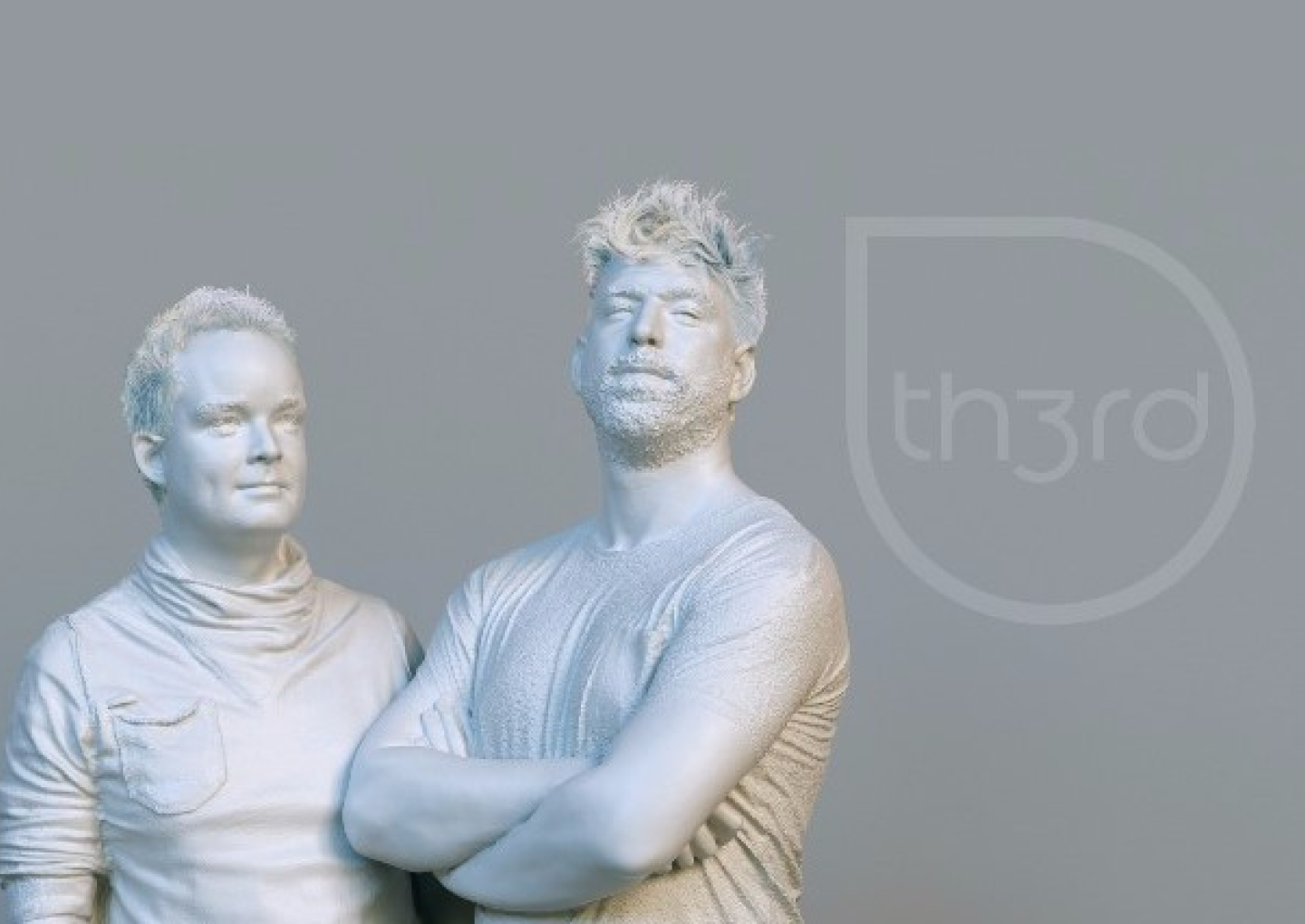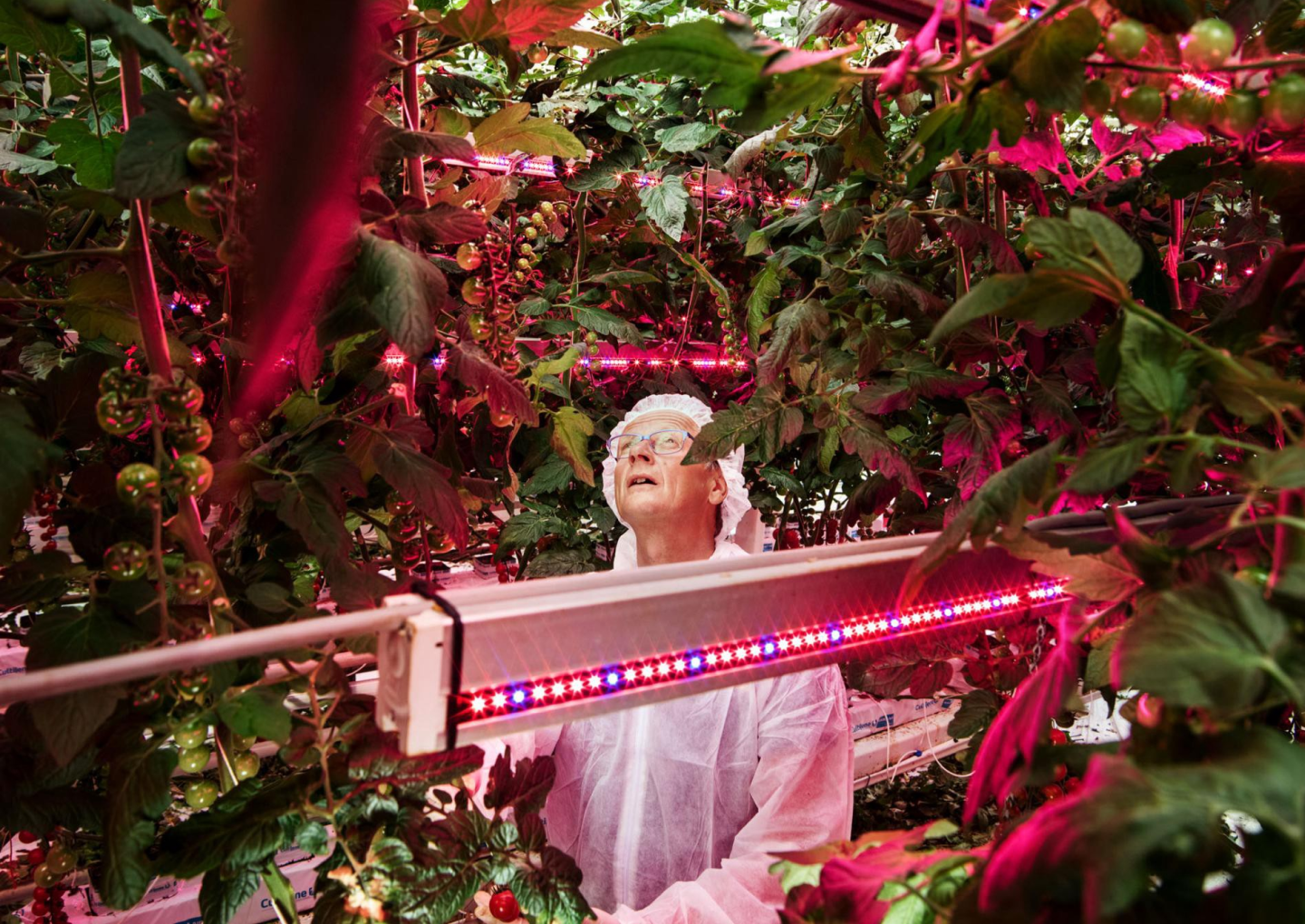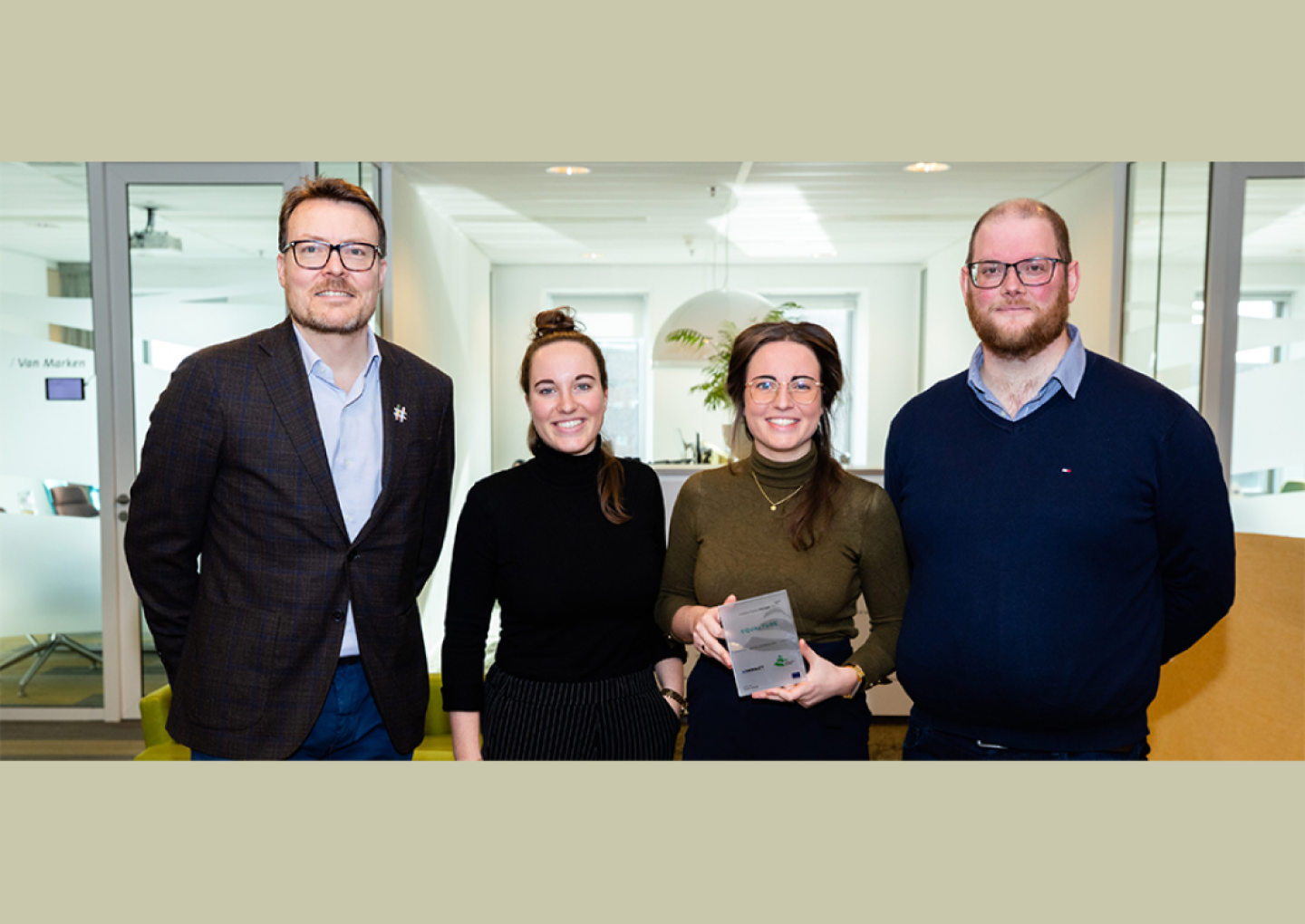Dutch Startup Th3rd talks about their CES 2019 experience and tips for success
We sat down with co-founder Rudo Bisschop to find out how he ended up there, the impact it had on his business and his top tips for CES success.

About Mosa Meat…How far are you in the development process?
“We are currently in the financing stage. We recently raised 7.5 million euros. With that money, we aim to open a production location in the Netherlands by 2021. There we can produce patties at a cost of 8.50 euros each, due to a drastic cut in the production and development costs. The goal is to market farmed meat -beef first- in 2021 in Europe.”
What are the biggest challenges you will be facing in the upcoming period?
“Well, the biggest is the upscaling of the production process. In order to really be able to scale up in the second phase, you have to get raw materials. So you have to organise a lot on the input side. Next to that, we have of course the legislative challenge. Cultured meat is a novel food — and has to be approved by the EFSA (European Food Safety Authority) — after which the EU and the individual Member States will still have to adopt this opinion or not. This will take approximately one and a half to two years, in which the EFSA will carry out extensive safety tests first.”
Two years seems like a long time. Is it hard to stay motivated?
“For me, it isn’t. I feel a deep-rooted intrinsic motivation to turn this industry upside down. This must happen, I feel it in every fiber of my body. And precisely because I feel that way, people, financiers, media, team members, are more inclined to listen to our story.”
Would that also be your advice to startups: do something you really believe in?
“Yeah, for sure. When I am passionate about something, I feel it. I smile about it. I eat, sleep, and breathe it. Passion is the powerful force that overrides all the struggles encountered when working to get a startup off the ground. It also helps to resist criticism. I don’t have to change my mind when I talk to representatives of the meat industry or doctors who think our product is crazy. I speak from the heart and whether they agree with me or not, they respect me for that.”
What is the greatest resistance you feel you have to overcome?
“People always fear the unknown and cultured meat is something completely unknown to a lot of people. They, for instance, wonder if it’s really healthy. That is why it is vital for us to tell our story and vision whenever we can, and to convince people that cultured meat tastes as good as real meat and is much healthier for people, the environment, and animals. For example, I will soon be informing a chamber committee about the possibilities and advantages of cultured meat. This is a good first step because it is important that the Dutch government also supports us in our mission.
Is it just as difficult to get private support?
‘No, not at all. Investors are actually lining up spontaneously. We don’t have to go out and ask for funding — people are actually offering it. Just as potential employees spontaneously offer themselves to work here. I get almost every day an e-mail from someone who wants to join our mission. My biggest challenge is to find the right investors and the right employees. The right persons for me are people who combine passion with expertise, with focus, with decisiveness, with a sense of systematic working to achieve the goal. If you let your passion become obsessive and you’re unable to see the flaws in your company, that’s a problem.”
Finally, do you have any final advice for other startups who -just like you — want to disrupt an existing market?
“Have a healthy contempt for what others find unrealistic. Remove the words ‘No’ and ‘can’t,’ from your dictionary. There is always an opening, always an opportunity. And never is a wall too high to climb over.”

We sat down with co-founder Rudo Bisschop to find out how he ended up there, the impact it had on his business and his top tips for CES success.

In this post, we will introduce you to 5 startups looking to conquer the world of food in an environmentally safe way.

In this first article of our Corona’s Startup Overview series - Charlotte Melkert, founder of Equalture, will share insights into how her company helps us survive and fight the COVID-19 pandemic.